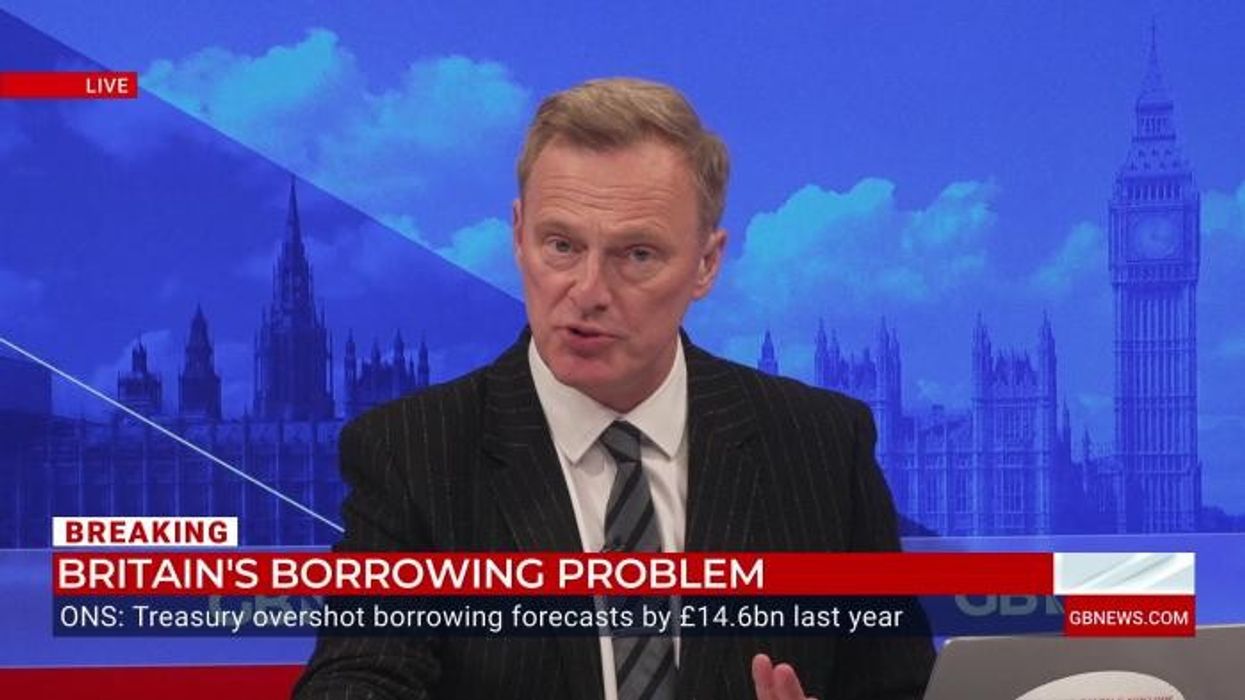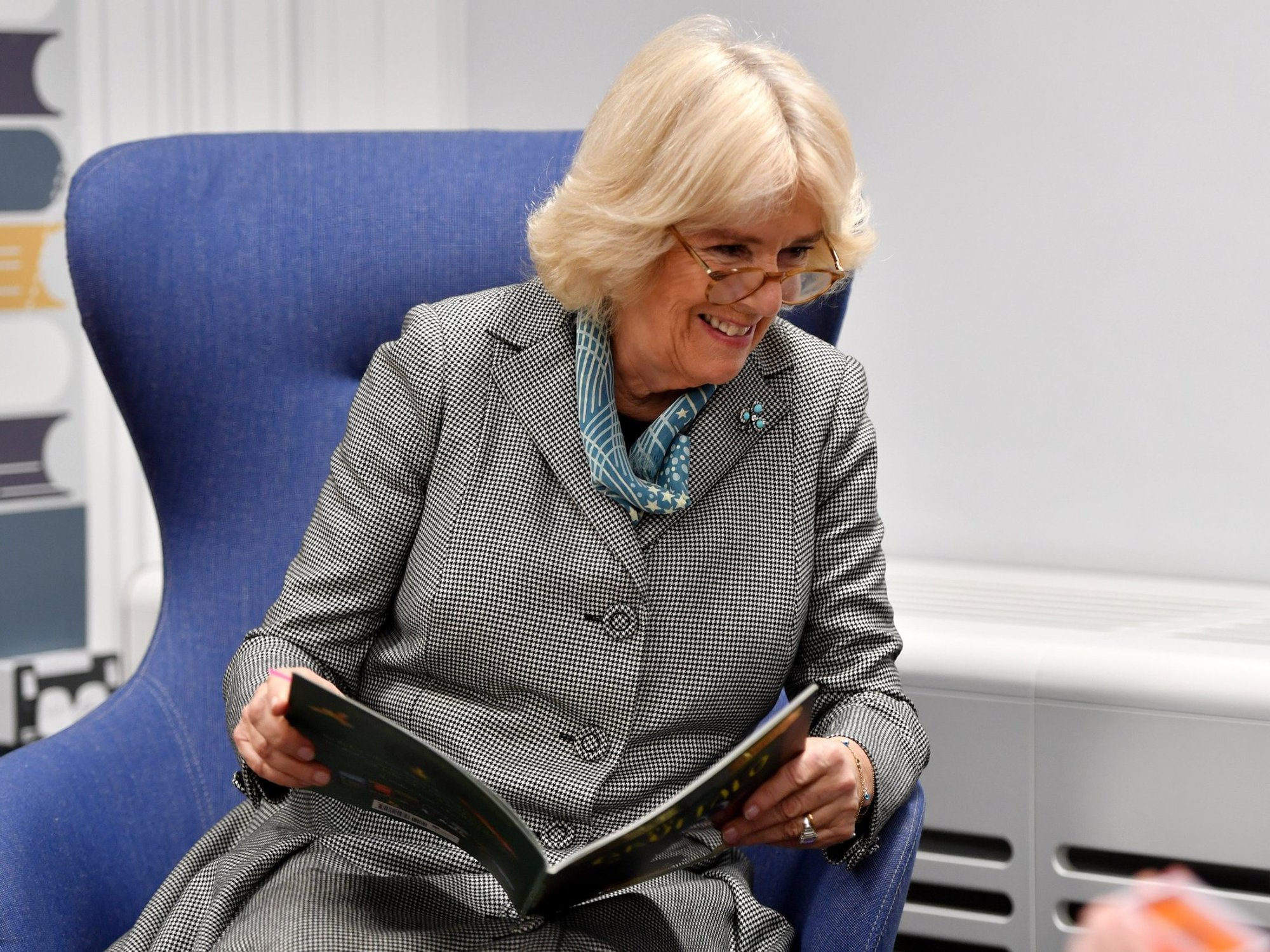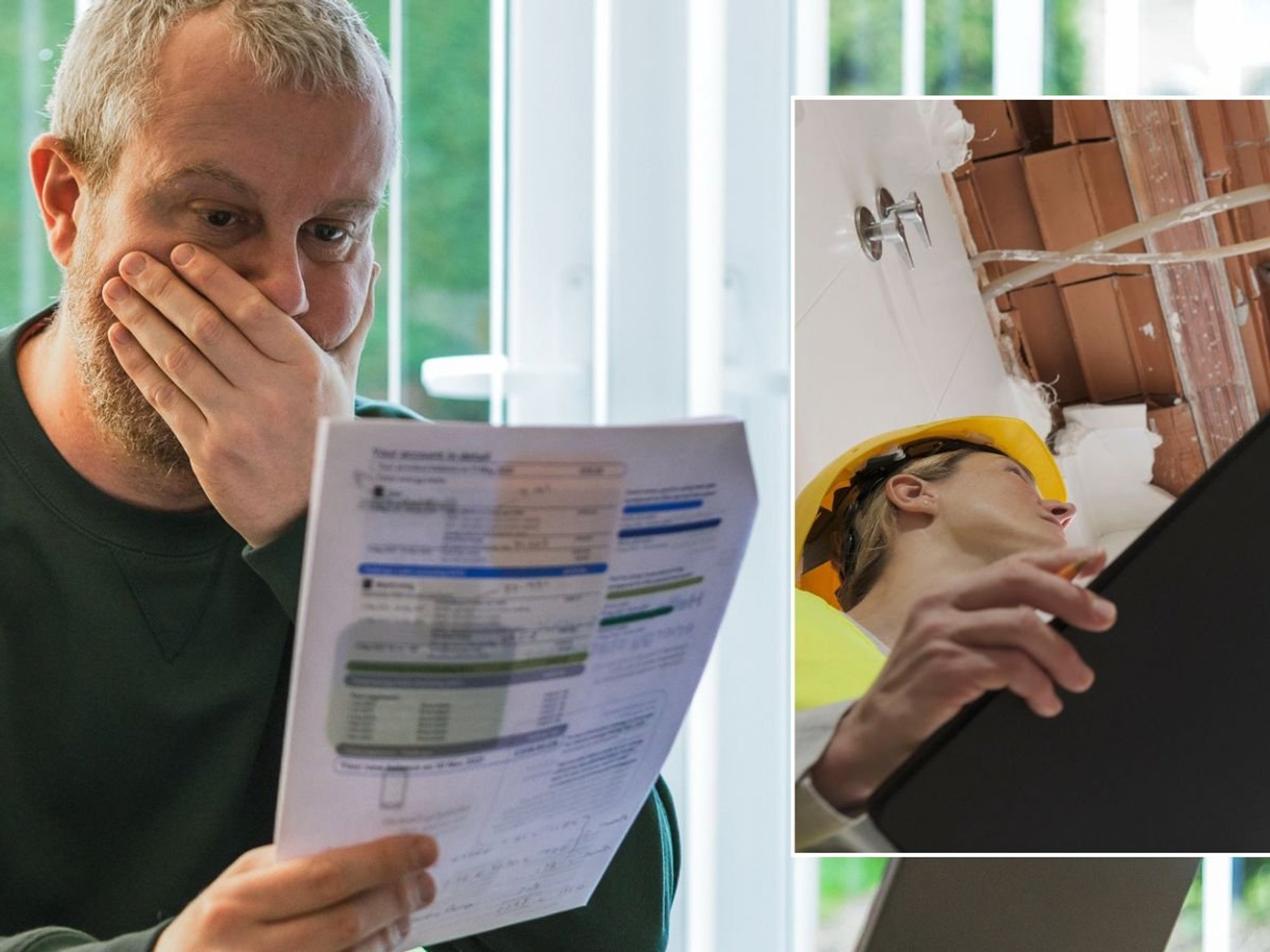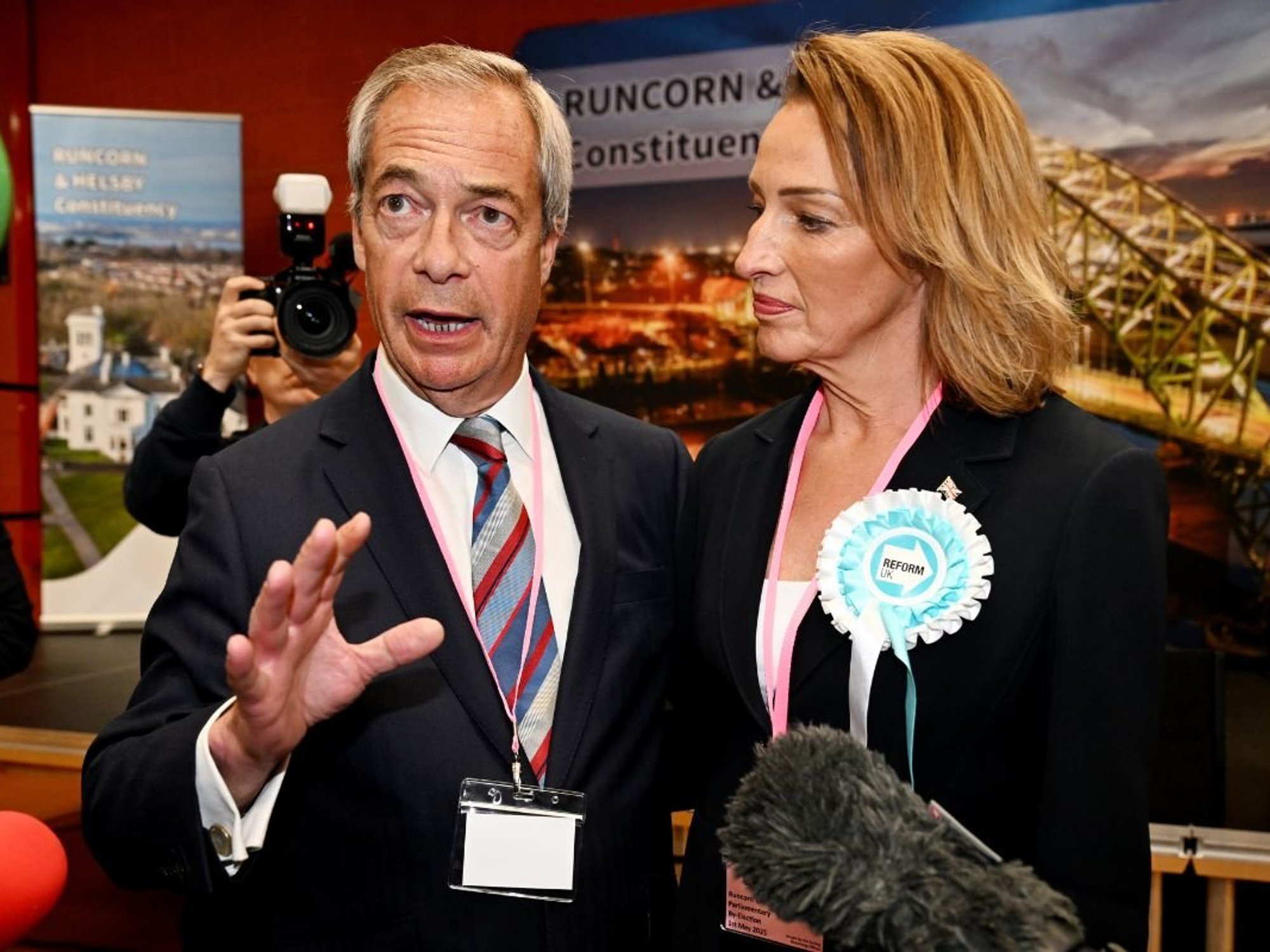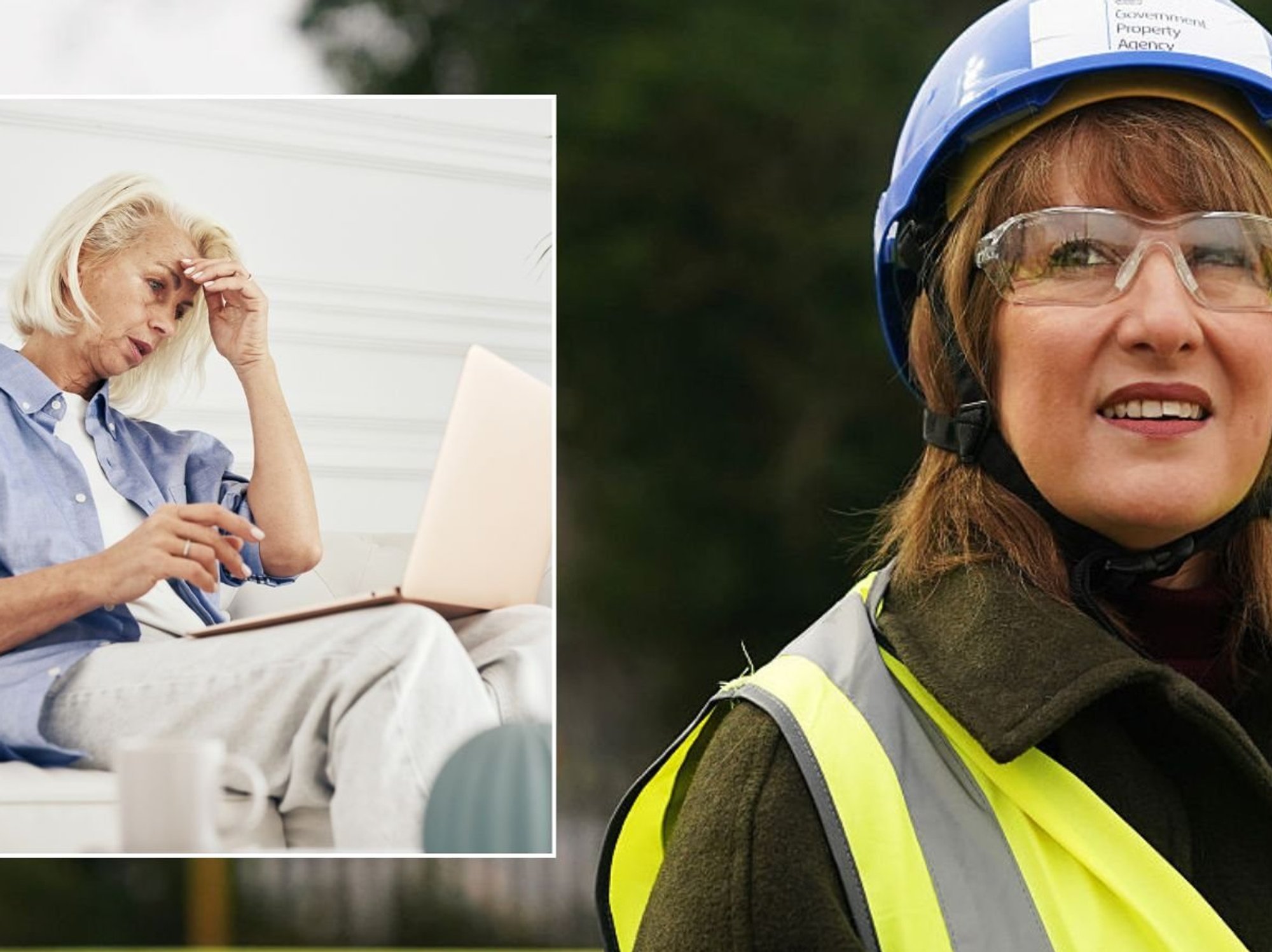Rachel Reeves's looming financial crisis EXPOSED as Labour splurges £20 BILLION in just ONE MONTH

The Chancellor's economic credibility has been severely tested following a series of policy reversals
Don't Miss
Most Read
Trending on GB News
Rachel Reeves is facing a deepening financial crisis as new figures reveal Labour spent £20 billion in April alone, pushing government debt to 95 per cent of GDP.
The Chancellor's economic credibility has been severely tested following a series of policy reversals, including Prime Minister Keir Starmer's decision to backtrack on winter fuel payment cuts.
The April borrowing figure nearly matches the £22 billion "black hole" Reeves had previously identified, raising serious concerns about the sustainability of public finances and the Government's ability to maintain market confidence.
The financial situation appears increasingly precarious as government borrowing reached £148 billion last year, £11 billion higher than predicted by the OBR just a month earlier and nearly double the £87 billion in previous Conservative plans.
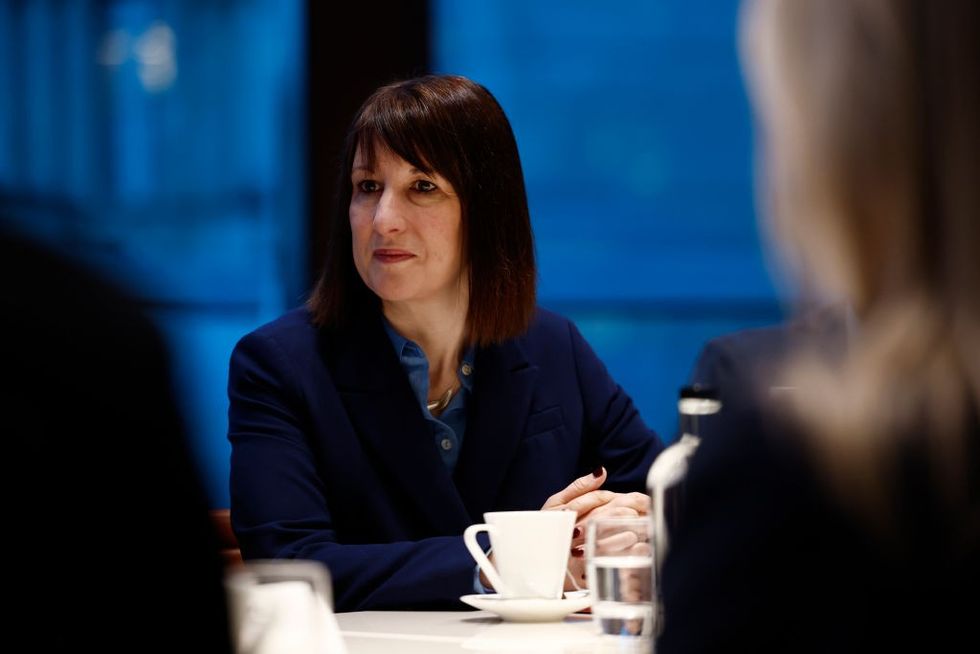
Rachel Reeves is facing a deepening financial crisis as new figures reveal Labour spent £20 billion in April alone, pushing government debt to 95 per cent of GDP
|Getty
Thursday's public finance statistics highlighted the severity of the situation, with Reeves's spending increases only partially offset by tax rises.
Bond market yields remain stubbornly high despite falling Bank of England interest rates, increasing the burden of servicing existing debt.
According to David Frost - the Conservative architect of Britain's Brexit deal - the country is "perilously close to a loss of confidence" as Labour's fiscal approach worsens the public finances.
The underlying issue stems from Britain's poor growth performance over recent decades.
Economic growth per head exceeded 3 per cent in the 1980s, fell to just over 2 per cent in the cycle running to 2008, dropped to 1.3 per cent between the crash and Covid, and has barely grown at all since the pandemic.
This creates a fundamental problem: with public services expected to grow while the economy stagnates, the only options are raising taxes or borrowing.
Higher taxes further slow economic growth, while borrowing becomes increasingly unsustainable as interest rates rise from near-zero levels.
LATEST DEVELOPMENTS:
The result is what Frost describes as "a taxed-out slow-growth economy".
Reeves now faces three difficult choices as she prepares for autumn fiscal decisions. The first option - cutting spending - appears increasingly challenging after the winter fuel allowance reversal and potential resistance from Labour MPs to welfare reforms.
As Frost wrote in The Telegraph: "Everyone now knows that with enough political pressure on Starmer, who clearly has only the most basic grasp of economics, tough decisions may get reversed or avoided."
Her second option involves delaying difficult spending decisions while promising markets they'll be implemented in the future.
The third path would be raising taxes, an approach that may be forced upon her despite her own reluctance, as her credibility has been "shot to bits" by recent policy reversals.
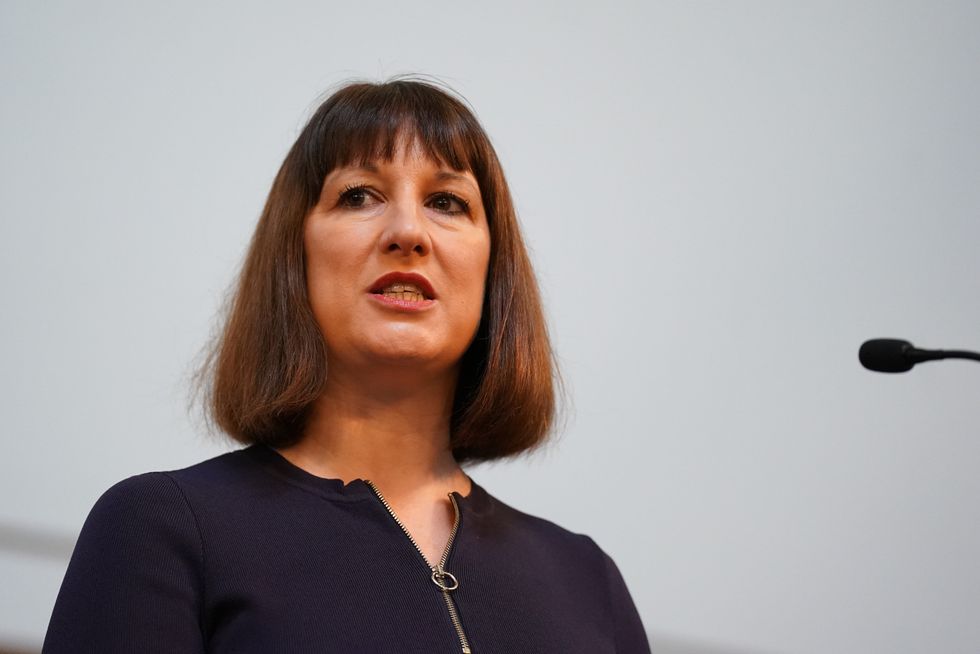
The April borrowing figure nearly matches the £22 billion "black hole" Reeves had previously identified, raising serious concerns about the sustainability of public finances and the Government's ability to maintain market confidence
| PA"The really wealthy, the top 1 per cent who fund 30 per cent of income tax receipts, can leave, adjust their arrangements, or just stop working. Indeed this is already happening," warns Frost.
Instead, the burden may fall on those in the higher rate tax band. "Watch out, police sergeants, senior nurses, teacher heads of department: Rachel Reeves is coming for you," Frost cautions.
With her economic credibility undermined by policy U-turns and mounting borrowing figures, market confidence in British public finances continues to erode.
Frost suggests Reeves should consider resignation while she can still "preserve some shreds of your reputation" rather than be the one "holding the parcel when the music stops."
The alternative would be bringing in someone willing to address the fundamental economic problems, though Frost concludes this may be "too much to hope for" under the current Labour Government.
More From GB News


